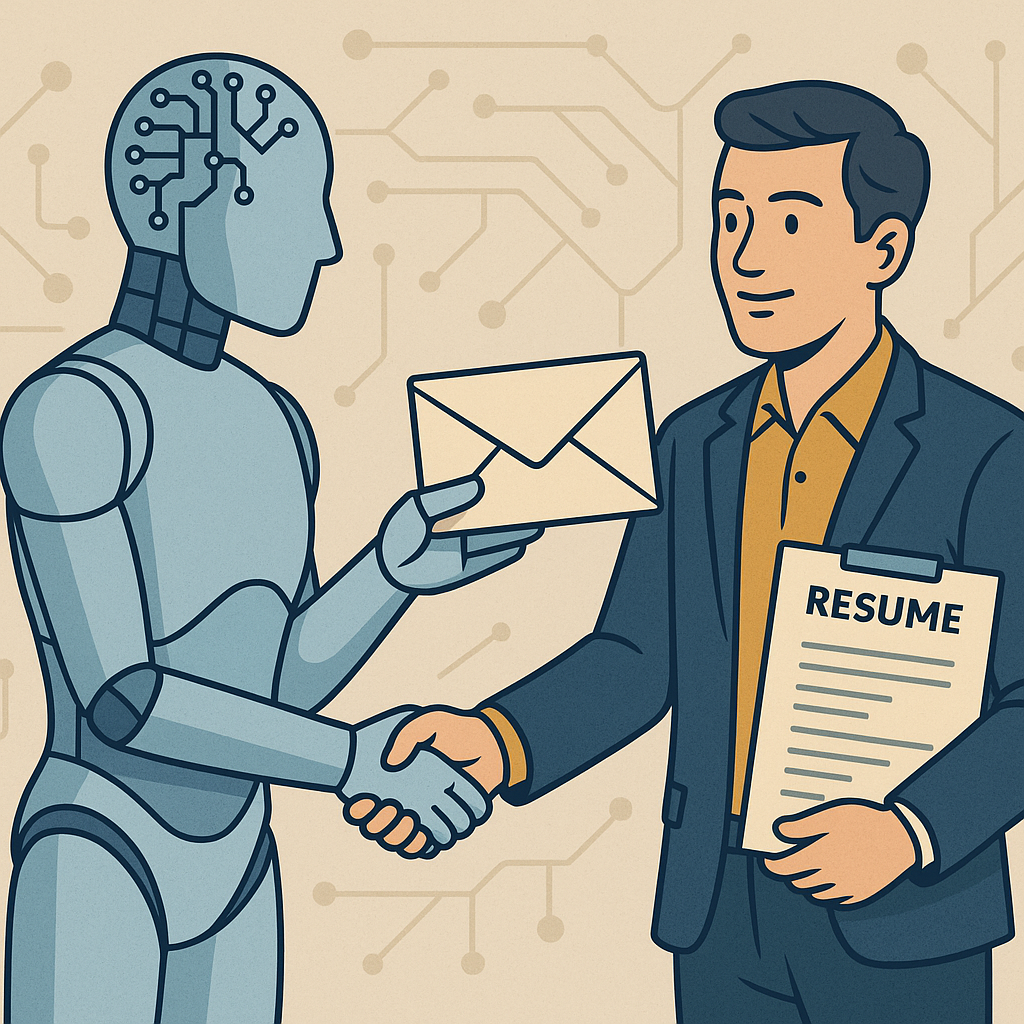A popular example is the prevalent use of generative AI, like using Chat GPT or Copilot, for writing and art. While this concern is valid, it doesn’t tell the whole story. Yes, AI is transforming the labor market, but history reminds us that every major technological leap has also brought many opportunities with it. Just as the industrial revolution eliminated blacksmiths but gave rise to factory operators and mechanical engineers, the AI revolution will bring about new professions.
It’s a reasonable worry that AI might replace jobs for it’s efficiency and accuracy. Machine learning algorithms can process massive amounts of data in seconds, making them useful for tasks like financial analysis, data entry, and programming. For example, Chat GPT can generate writing, art, code based on simple English prompts. And in medicine, AI can analyze radiology scans with impressive accuracy. The most scary part about AI is its versatility. It can be found in every industry, from agriculture to finance. It does not replace only one part, but it becomes an all purpose assistant that can continuously learn and improve based on the users needs.
However in all this chaos, new roles are quietly emerging - roles tailored to this AI driven world. Here are some new jobs that we see being created as a response to the AI revolution. Firstly, there are AI trainers that teach models how to better respond to human feedback through reinforcement learning. AI ethicists, who help ensure that AI systems are fair, transparent, and socially right. Additionally, there are more jobs for data curators, model explainers, safety researchers, and creative directors who guide AI-generated media. These aren’t the traditional jobs that we are familiar with, they are made from the necessity to manage and supervise AI. Much like how the industrial revolution created jobs for assembly line managers, machine operators, and logistics coordinators, the AI revolution is opening doors for those who can work with AI rather than be replaced by it.
The AI revolution is opening doors for those who can work with AI rather than be replaced by it. History shows us that every technological breakthrough destroys some jobs but creates new ones in return. Long ago, the transition from riding horses to automobiles eliminated entire industries while giving rise to new jobs in mechanics, transportation, and urban planning. AI is the same and the important takeaway is to be adaptable as only those who can evolve with the times will be successful.
In conclusion, while AI poses a threat to some job sectors, it also has many unprecedented opportunities. As machines take over repetitive tasks, humans can instead focus on creativity, something that AI still can’t master. Instead of fearing being replaced, we should take the chance to collaborate with this technology and shape it to make our society more creative and purposeful.

